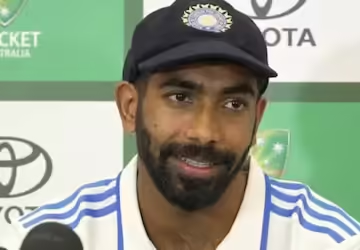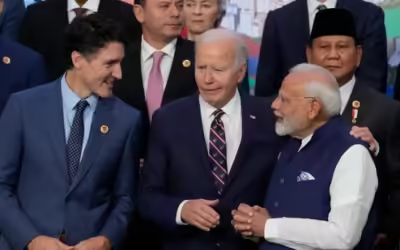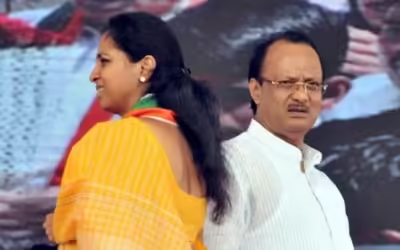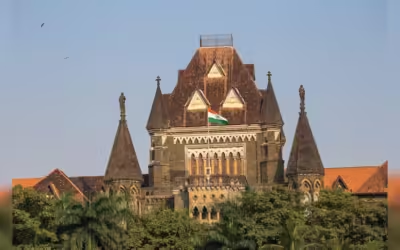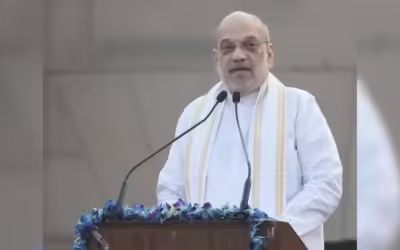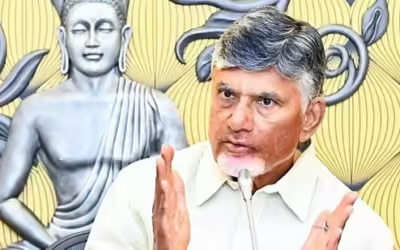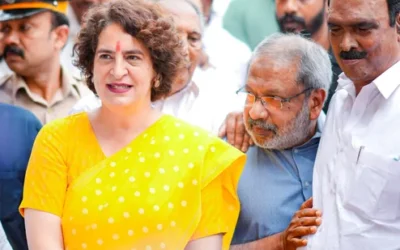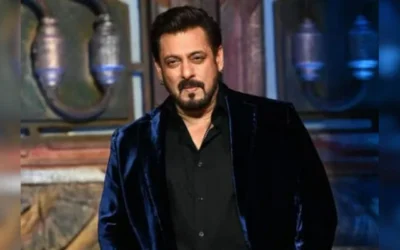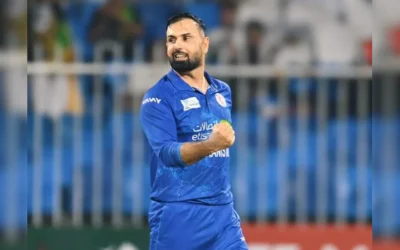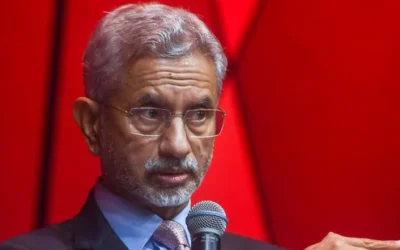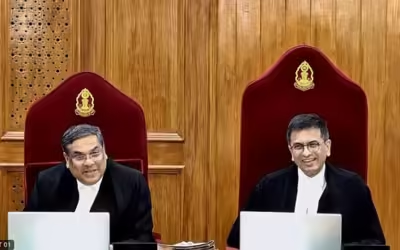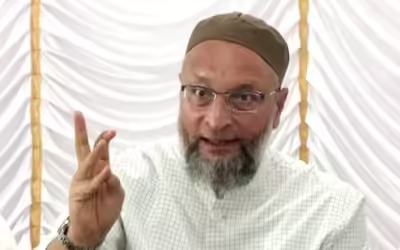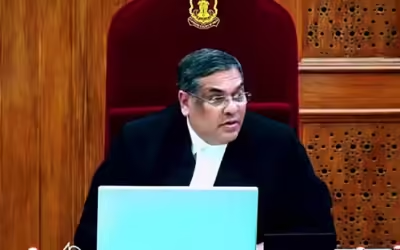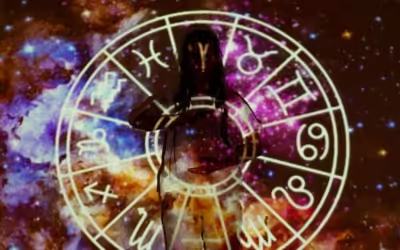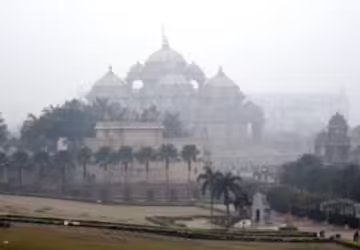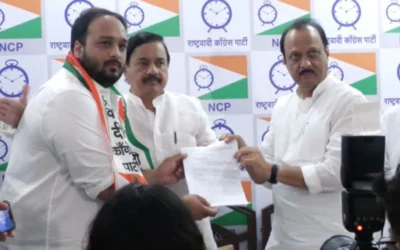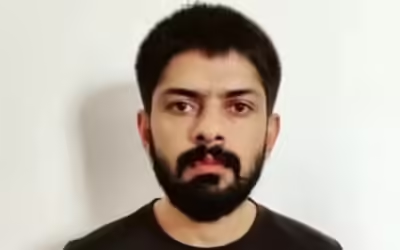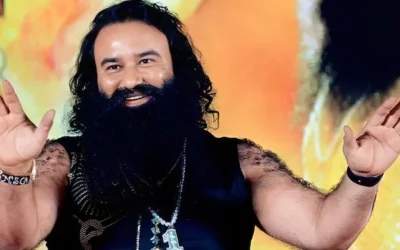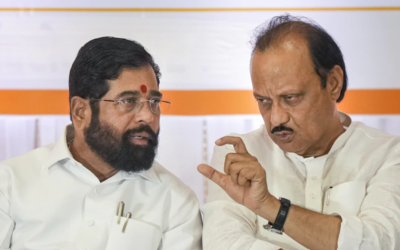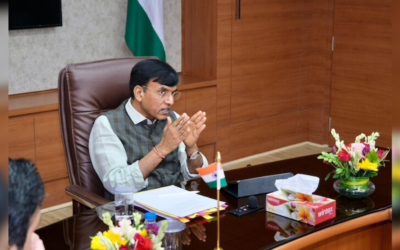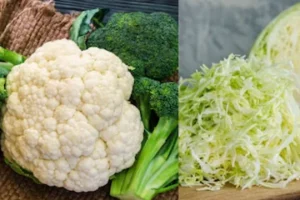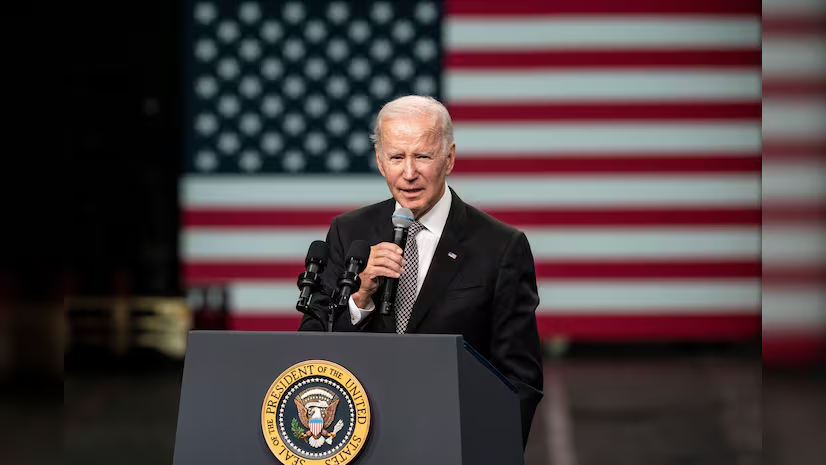Naga says, “Just like how I interspersed the concept of split personality and the rural tradition of God possessing a man in Vidathu Karuppu, I have included AI technology while in pursuit of seeking the elusive fifth Veda in Aindham Vedham”
Just before the era of lengthy Tamil TV serials with 500 or 1000 episodes, a unique and captivating concept was condensed into a mere 80-100 episodes in the form of Marmadesam. Naga, the innovative writer and director who introduced the idea of miniseries, now ventures into his familiar domain with the upcoming web series Aindham Vedham for Zee 5. The show is set to premiere on October 25th, marking a new chapter in Naga’s storytelling journey.
During this special interview with CE, Naga discusses the similarities between Marmadesam and Aindham Vedham, his views on spirituality, the importance of a scientific approach, his writing process, and many other intriguing topics.
What inspired you to integrate science and spirituality in your projects?
A
I credit my background for shaping my perspective. One side of my family, my mother’s relatives, are skeptics, whereas the other side, my father’s kin, are devout believers. Having been exposed to both viewpoints, I neither outrightly reject nor blindly follow traditional customs. My interest lies in investigating the scientific basis behind these rituals. In Dr. Reena from “Vidathu Karuppu,” who constantly queries out of inquisitiveness, I see a mirror image of myself.
Q
Was it a challenge for the actors to grasp the unique concept of Aindham Vedham?Was it challenging for actors to grasp the unique concept of Aindham Vedham?
A
As a director, I am flexible and willing to adapt based on the abilities of the actors. I don’t impose my vision onto them but rather seek a balance between their potential and my artistic vision.
Q
Has television always been your preferred medium, given your background as a film school graduate? Do you ever feel remorseful about not pursuing a career in filmmaking more extensively?
A
I haven’t delved much into TV series either (chuckles). As I wrapped up my studies at the institute, television was emerging as the new frontier with abundant prospects. The aspect that truly captivated me was the thrill of engaging the audience and retaining their interest during the week-long gap between episodes. Serendipity smiled upon me at that moment, and I carry no ounce of regret for the path I embraced.
To what extent did Indhira Soundarrajan influence your development as a writer?
A
During my college days, I delved into crafting short stories and poems. Indhira sir’s impact on me was profound, spanning from his works like Marmadesam to Vidathu Karuppu. His storytelling resonated with my curious mind. The narrative of the Ragasiyam series originated from Indhira sir’s tale, culminating in a rural backdrop with a theme of vengeance, whereas I transposed it to an urban milieu. Following Vidathu Karuppu, my subsequent serials such as Chidambara Ragasiyam and Rudra Veenai draw inspiration from personal encounters and the contemplations they provoke.
Q
Could Aindham Vedham be a result of such expertise?
A
Absolutely. My upbringing involved exposure to mythology and rituals. I find myself fascinated by a wide range of practices, from simple rituals like Kanndrishti to more intricate subjects such as the Vedas. I remain reluctant to dismiss these traditions as mere superstitions. I often contemplate how these practices have endured over time despite appearing to offer no tangible benefits.
Could you elaborate on the comparison between Aindham Vedham and Marmadesam in terms of their similarities and differences?
A
In both cases, the themes are closely intertwined. Just as I weaved in the idea of split personality and the rural custom of God inhabiting a person in “Vidathu Karuppu,” I integrated AI technology into the quest for discovering the elusive fifth Veda in “Aindham Vedham.
Could it be that the fifth Veda is merely a figment of the imagination, or does it hold deeper significance?
A
Have you ever wondered about the enigmatic figure of saint Veda Vyasa, renowned for compiling and organizing the Vedas into four distinct parts? Interestingly, the term “Vyasa” in Sanskrit denotes a compiler or a curator, rather than being a mere name; it signifies a title or a profession. While we are familiar with a prominent Vyasa, it’s worth noting that there could be numerous individuals fulfilling the role of a Vyasa. Just like any curated work, the Vedas may not be exhaustive, akin to the existence of the Apocrypha or concealed sections in the Bible. Could there possibly be a fifth Veda waiting to be discovered? Centuries ago, there was controversy surrounding Atharvana’s exclusion as a Veda due to its association with topics like occult practices. Given historical debates on whether the Vedas are three or four in number, the idea of a fifth Veda is not entirely implausible. Various scholars have put forward assertions regarding the existence of this elusive fifth Veda. Personally, I believe that the concept of the “Aindham Vedham” could potentially represent this fifth Veda.


